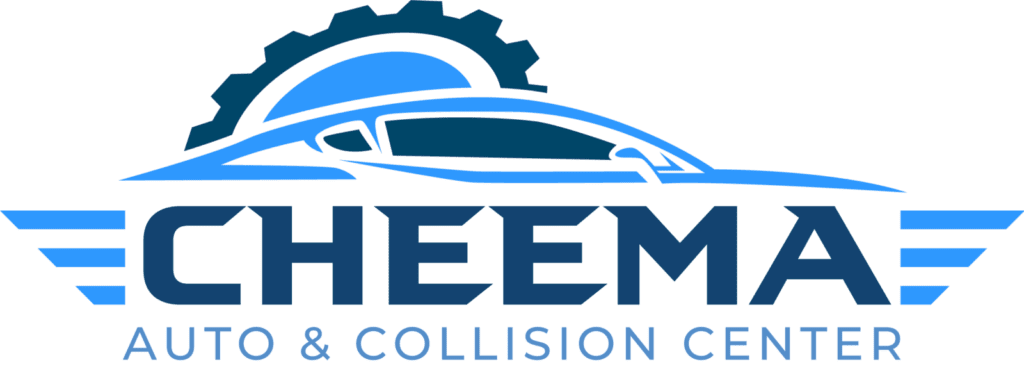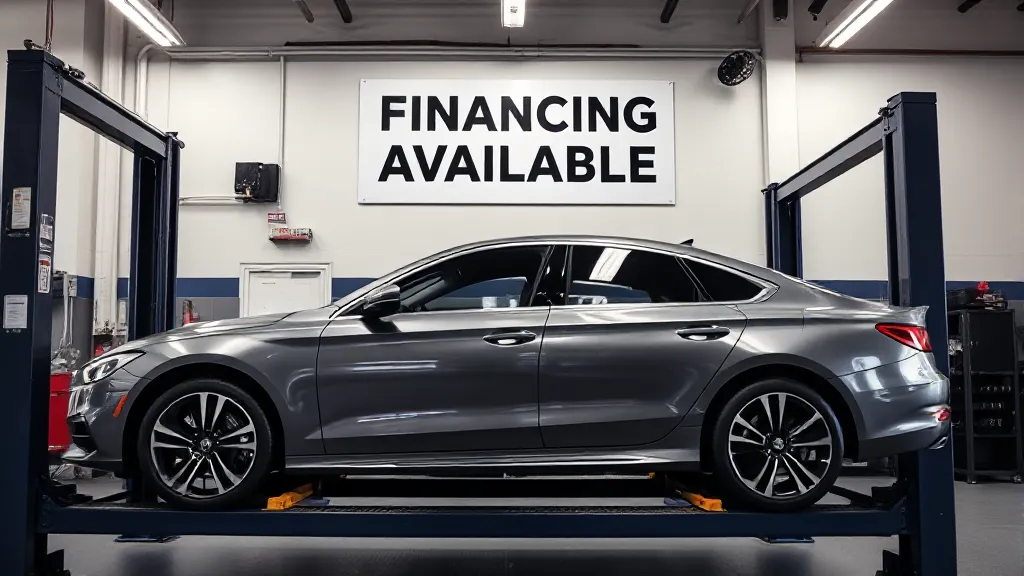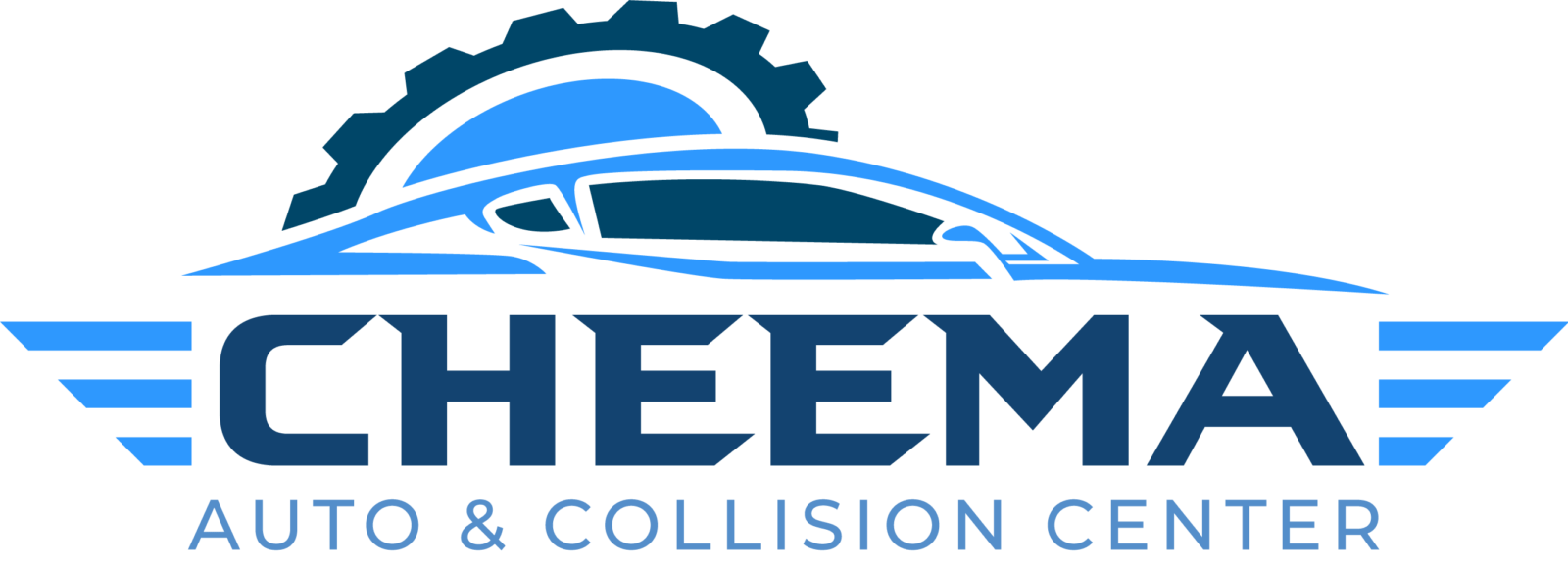Why Are My Brakes Squeaking? Here’s What You Need to Know
Few sounds are more annoying—or alarming—than squeaky brakes. Whether you’re backing out of the driveway or stopping at a red light, that high-pitched squeal can leave drivers concerned. While some brake noises are relatively harmless, others may be warning signs of more serious brake system issues.
Understanding the common causes of brake noise can help you determine whether you need a simple brake pad replacement or a more comprehensive brake repair service.
Common Causes of Brake Noise
Your braking system is a critical safety feature in your vehicle. When it starts making noise, it’s essential to understand why. Below are some of the most common reasons your brakes squeak and when it’s time to take action.
1. Moisture and Temperature Changes
If your brakes squeak in the morning but quiet down as you drive, moisture could be the culprit. Overnight dew, humidity, or rain can cause a thin layer of rust to form on your rotors. As you drive, your brake pads scrape off the rust, producing a temporary squeaking sound. Additionally, cold weather can cause brake pads to harden, leading to noise that usually goes away once the brakes warm up.
2. Worn Brake Pads
Brake pads are designed with wear indicators—metal tabs that emit a high-pitched squeal when the pads are too thin. This noise is your warning sign that it’s time for a brake pad replacement. Ignoring worn pads can lead to rotor damage, reduced stopping power, or even brake failure. If the squeaking is constant, don’t delay—schedule a professional brake inspection immediately.
3. Low-Quality or Hard Brake Pads
Not all brake pads are created equal. Cheap or low-quality brake pads often have excessive metal content, making them noisier. Semi-metallic pads are durable and perform well under aggressive driving but may squeak more. Ceramic brake pads are typically quieter and cleaner but may not be ideal for every vehicle. Choosing the right type of pad based on your driving style and vehicle weight can significantly improve both brake performance and noise reduction.
4. Dirt, Debris, or Glazing on Brake Components
Dust, sand, and other road debris can build up on your brake pads and rotors, causing squeaking. Sometimes a simple brake cleaning can solve the issue. However, if your pads have become glazed—developing a hard, shiny surface from overheating—you’ll need a brake pad replacement to restore optimal performance and eliminate the noise.
5. Loose or Misaligned Brake Components
Your braking system relies on a variety of small components, like calipers, shims, and mounting hardware. If these parts are loose or misaligned, you might hear squeaking or feel vibrations when braking. A professional brake technician can realign or adjust these parts to ensure proper operation.
Warning Signs You Shouldn’t Ignore
While some brake noise is normal, other sounds are a red flag:
- Grinding noise: Indicates the brake pads are completely worn, and the metal backing is damaging the rotors.
- Vibrations or pulsing in the brake pedal: Often caused by warped rotors.
- Soft or unresponsive brake pedal: Could mean air in the brake lines, fluid leaks, or failing components.
If you experience any of these, seek professional brake service immediately.
How to Fix Squeaky Brakes
Routine Brake Maintenance
Regular brake inspections help catch issues early, protecting vital components like rotors and calipers from damage. Replacing brake pads before they wear out entirely can save you from costly repairs down the road.
Using the right brake lubricants can also help reduce noise caused by metal-on-metal contact.
Choose High-Quality Brake Pads
Invest in reliable, high-quality brake pads that suit your vehicle and driving habits. Ceramic pads are typically quieter and cleaner, while semi-metallic pads offer better performance for heavy vehicles or high-performance driving.
Professional Brake Repair Services
When in doubt, consult a professional brake technician. At Cheema Auto, we provide full-service brake repair, including:
- Brake pad replacement
- Rotor resurfacing
- Brake system inspection
- Component alignment and lubrication
Our certified professionals ensure your brakes are installed correctly, functioning optimally, and keeping you safe on the road.
Don’t Ignore Brake Noise—Get It Checked Today!
Your brakes are vital to your vehicle’s safety and performance. While occasional squeaks may be harmless, persistent or unusual brake noise is a sign that something could be wrong.
Schedule a brake inspection or repair service at your nearest Cheema Auto location today and drive with confidence knowing your vehicle is in good hands.




